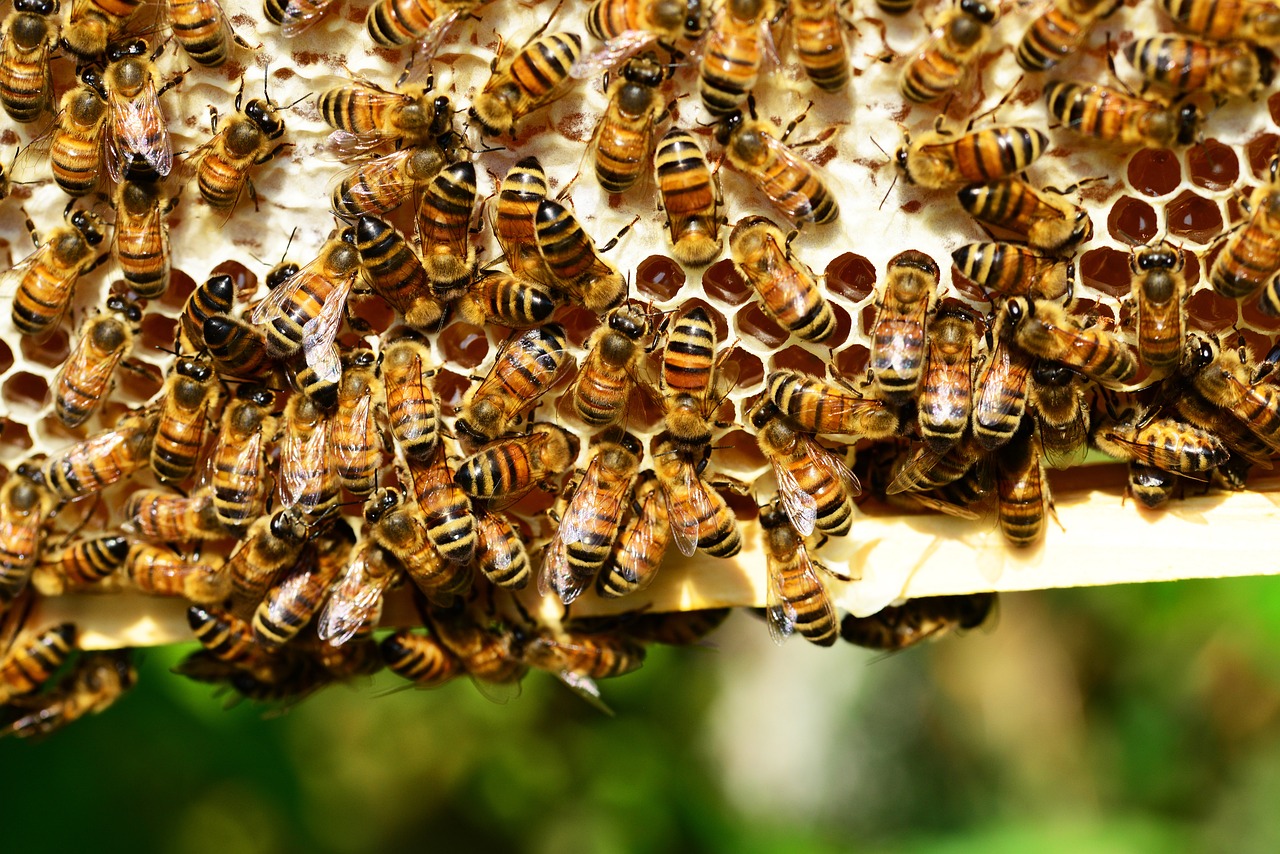Massachusetts does not have any state laws or regulations regarding backyard beekeeping. However, there may be local rules or ordinances in your town or city that relate to keeping honey bees. It's best to check with your local Board of Health for more information. Whether or not you can have bees in your backyard in Massachusetts depends on where you live and the regulations in place there. Here are a few examples of Massachusetts municipalities that allow backyard beekeeping.
Boston
The City of Boston allows for backyard beekeeping with specific regulations in place. According to the city's beekeeping ordinance, residents are permitted to have a maximum of three bee hives on their property for personal use of honey bee products. Each hive must not exceed five feet in height and twenty cubic feet in size. If there is a wall, fence, or similar barrier separating your property from adjacent property, there is no requirement for a setback from the property line. However, if there is no barrier present, bee hives must be set back five feet from the property line.
Cambridge
In December 2017, the Cambridge City Council made a significant amendment to the city's zoning ordinance, allowing for the practice of beekeeping within city limits. The responsibility of enforcing this regulation falls under the jurisdiction of the Cambridge Public Health Department, which also oversees the issuance of permits for beekeeping activities.
If you are interested in keeping honeybees in your backyard in Cambridge, you must first obtain a beekeeping permit from the Cambridge Public Health Department. The application process for this permit includes obtaining consent from neighboring property owner(s), providing a written description of the beehive's construction, submitting a detailed site sketch, undergoing a site inspection, and participating in a public hearing.
Watertown
In the City of Watertown, located in Middlesex County, MA, a permit is required for the keeping of honey bees. This permit is valid until December 31st of each year, unless it is revoked by the Board of Health due to a violation of any beekeeping regulations. The City permits a maximum of two colonies to be maintained on an average 5,000 sq. ft. lot. However, if you believe that you have adequate space for more hives, you have the option to request a variance from the Board.
Lowell
Backyard beekeeping is allowed in the City of Lowell without a permit. However, according to the City Code, if you have bee colonies within 50 feet of any exterior boundary of your property where the hive, stand, or box is located, you must install and maintain a barrier that is at least five feet high to prevent bees from flying through it. This barrier can be either a plant or artificial structure. Additionally, you are required to provide fresh and clean watering facilities for the bees on your premises.
Brookline
If you are a resident of the Town of Brookline, you are required to obtain a permit from the Town's Department of Public Health in order to keep honey bees on your property. Some conditions that must be met for permit issuance include, but are not limited to, the following:
-Bees must be kept in moveable-frame hives that are positioned at least 4 inches above the ground to ensure proper ventilation, limit pests, and reduce obstructions at the bottom entrance.
-The entrance of the beehive must face away from the nearest neighboring property.
-A consistent and sufficient water source must be available on the premises at all times.
-The water source should be regularly emptied and refilled to prevent the growth of mosquito larvae and to avoid creating nuisance conditions.
Chicopee
In order to keep bees within the City of Chicopee, a $25 permit is mandatory. The Rules and Regulations pertaining to Beekeeping within the city permit one hive on properties measuring one acre or larger. For each additional half acre, one more hive is permitted. No property is permitted to have more than ten hives, regardless of its size.



